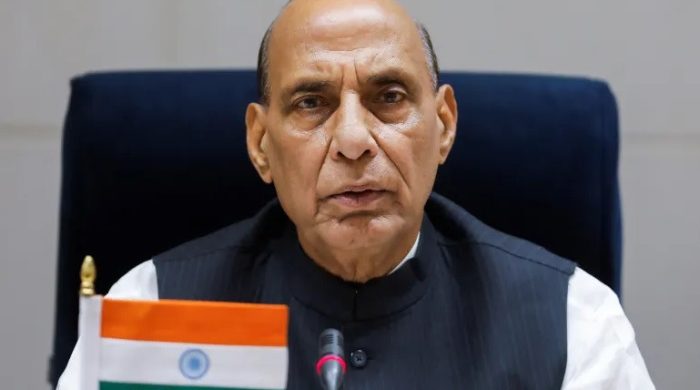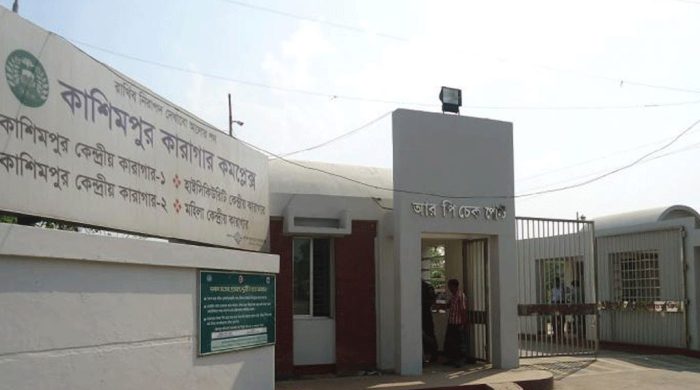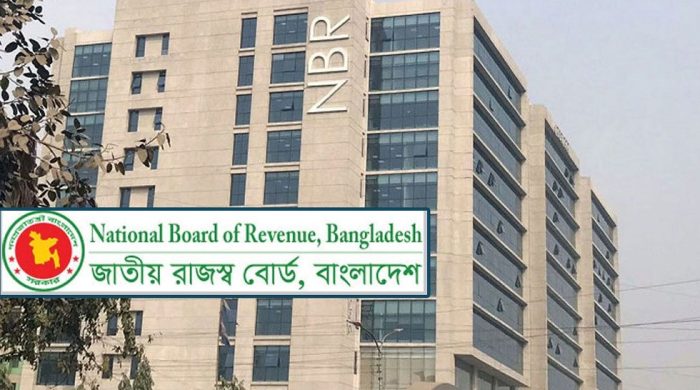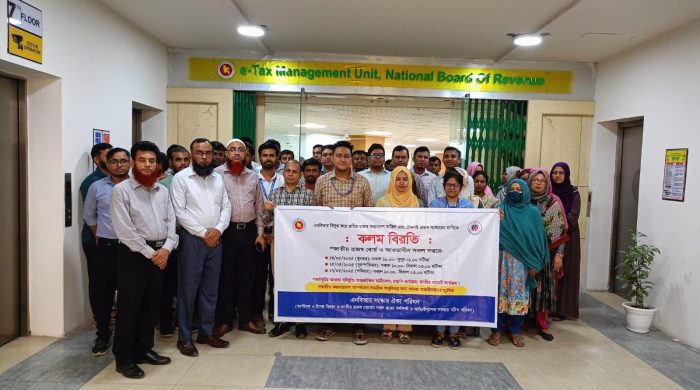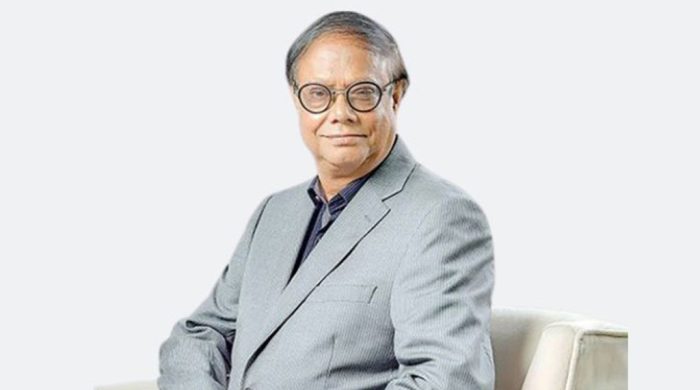Worrying violation of health rights of prisoners

- Update Time : Thursday, June 23, 2022
- 127 Time View

AN ALARMING rise in the number of deaths in jail custody suggests that the prison system in Bangladesh still cannot ensure basic rights of prisoners which include ready access to healthcare facilities. A prisoner of the Chattogram Central Jail died on June 20. This is, however, not the first prison death in June. On June 18, a 35-year old prisoner of the Narayanganj district jail died after he had been taken to a nearby hospital. According to Ain O Salish Kendra, 133 prisoners died in jail custody in 2019–2020. Meanwhile, rights body Odhikar has recorded a total of 14,392 deaths in jail custody in the past two decades. Lawyers and rights activists have observed that such deaths, particularly from cardiac diseases, happen as the prison medical centres cannot provide life-saving immediate care. Medical centres at district level prisons often operate without a physician. Family members of inmates have repeatedly complained about the lengthy process to get to hospitals and that they often have to pay a bribe to prison officials to get medical help. It is high time that the government ensured the health rights of prisoners by establishing properly resourced medical centres at all prisons in the country.
Setting aside the health needs of prisoners, there are other regular violations of basic rights of prisoners — communications with family and access to court and lawyers. The main reasons behind the regular violation of prisoners’ rights are the selective application of the prison law and reported corruption in the system. Even though prisons are conceived as correctional facilities, in practice the institutions are rather punitive. Prison violence and ill treatment of prisoners by the authorities are a concern of many civil society groups. Corruption in the jail system is also a widely reported phenomenon in Bangladesh. It is because of widespread corruption in the jail system that food, water and clothing allocated for prisoners have become rare commodities that prisoners have to buy with cash. There is also the issue of the overcrowding of prisons. The system, which has the capacity to accommodate 41,244 inmates, houses more than double the number of prisoners. One of the reasons the prison system is overcrowded is delay in the trial process and this delay is often caused by the prison authority’s failure to produce prisoners in court on time.
Considering the systemic violations of prisoners’ rights, it seems obvious that the government should take up projects to radically reform the prison system. The government must ensure that prisoners are engaged in productive activities through education and different cultural programmes. More importantly, the government must address the widespread corruption in the prison system. The government should also update and amend the colonial laws and regulations — the Prison Act 1894, the Prisoners Act 1898 and the Jail Code of 1837 — that govern the prison system in Bangladesh.








